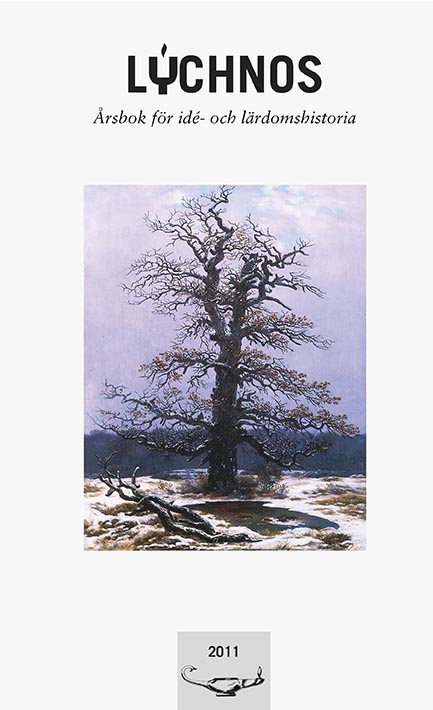Codex Argenteus and political ideology in the Ostrogothic kingdom
Abstract
During the Middle Ages, luxurious books were often used as manifestations of power, ideology and political aspirations. Opulent religious manuscripts ordered by noblemen and -women signified relations between Christianity and worldly power. One of the most intriguing codices of the late Antiquity, the Codex Argenteus, contains a unique combination of cultural signifiers, which can be interpreted as a demonstration of a certain ideology. This 6th-century evangelarium in the Gothic language, written in silver on purple parchment, is associated with the Ostrogothic king Theoderic, famous for his imperial ambitions and Romanophile attitude. This paper proposes a hypothesis regarding the ideological meaning of the Codex Argenteus in relation to Theoderic’s politics. The materiality of the evangelarium indicates a patron (or a beneficiary) who could have had imperial aspirations and at the same time glorified his Gothic heritage. Theoderic, indeed, seems the most obvious “candidate”. However, the combination of elements that refer to the imperial splendour (purple, silver, gold) with an overt manifestation of Gothic culture (Gospels in Gothic) does not seem to match the king’s political strategy. Theoderic put much effort in presenting himself as a genuine Roman ruler. His art patronage and building programme were manifestations of this ambition.
This ideological course changed when Thoederic started implementing a succession plan for his realm. The key elements of the new propaganda were the glorification of both the Amal family and Gothicness in general, expressed especially in Cassiodorus’s letters and presumably in his History of the Goths. These texts combine the imperial ambitions of the Ostrogothic king with his Gothic cultural self-consciousness. The Codex Argenteus was probably a reflection of this specific element of Theoderic’s ideology introduced in the last years of his reign.
Downloads
Publicerad
Nummer
Sektion
Licens
This work is licensed under a Creative Commons Attribution 4.0 International License. The copyright for the work published in Lychnos remains with the authors.


